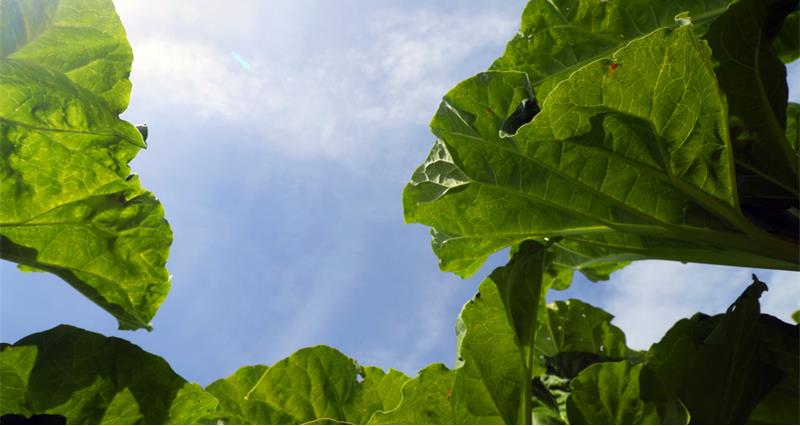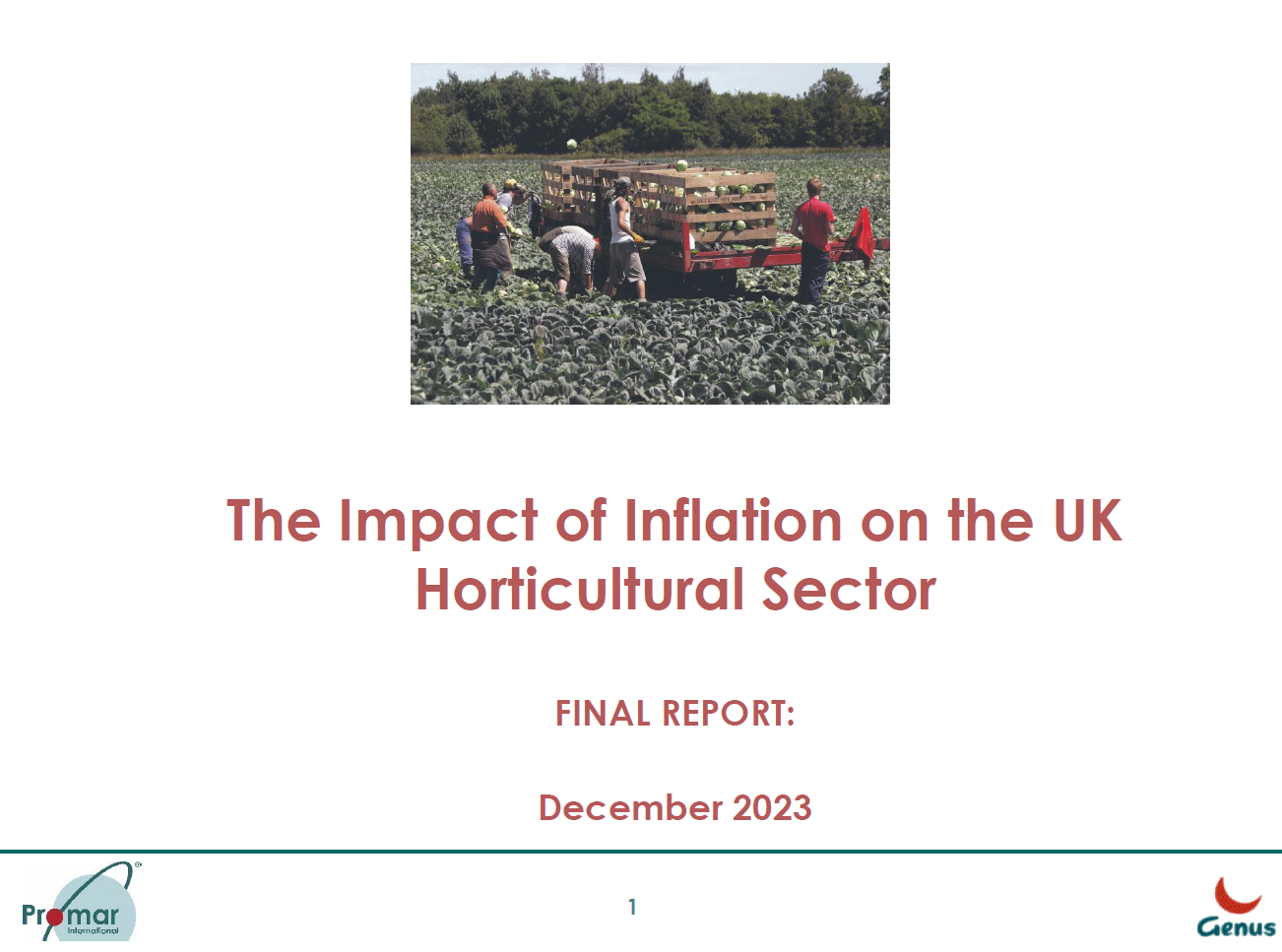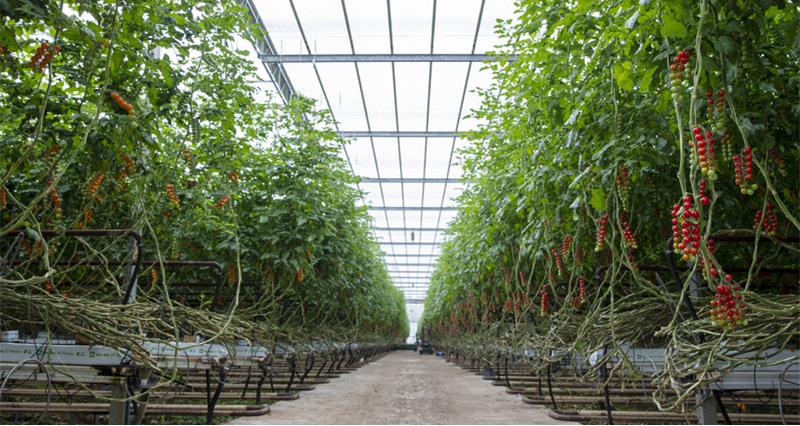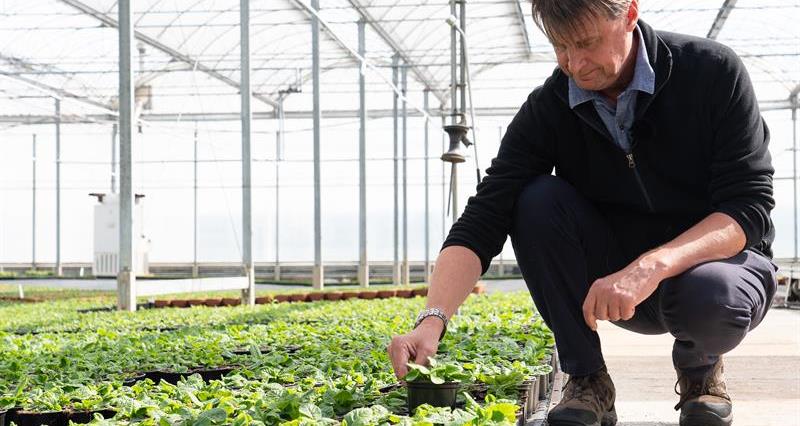A new report, prepared by Promar International and commissioned by the NFU, found that costs of production have increased by as much as 39% in the past two years. Key inputs including energy costs rising by 218%, fertiliser up 47% and labour costs up 24% are shown to be behind the hike.
The crops impacted most by these increases include much of the UK’s favourite fruit and vegetables such as strawberries, tomatoes, apples and lettuce.
The report also warned these production costs, along with the impacts of the ongoing global volatility, are seen as the ‘new normal’ and businesses aren’t expecting the situation to change any time soon.
This, the report says, has produced a situation where growers have seen profits ‘all but wiped out for the last 2 years’, with profit margins unlikely to stabilise soon.
“It is crazy to think at a time when we want people to eat more healthily, we are only 50% self-sufficient in vegetables and 15% self-sufficient in fruit.”
NFU Horticulture and Potatoes Board chair Martin Emmett
Key findings:
Cost price inflation
Over two years, the compound cost of production increases have been:
| Product | 2022 | 2023 | Total compound cost |
| Tomatoes | +27% | +10.3% | 38.5% |
| Lettuce | +20% | +11.2% | 33.4% |
| Mushrooms | +17% | +11.4% | 30.3% |
| Strawberries | +20% | +10.3% | 32.3% |
| Potatoes | +20% | +6.6% | 27.9% |
| Broccoli | +25% | +5.6% | 32% |
| Onions | +21% | +6% | 28.2% |
| Carrots | +20% | +8% | 29.6% |
| Apples | +23% | +9.3% | 34.4% |
Source: Promar International, based on B2B interviews
Costs of production increases
Over two years to October 23, compound cost of production have been:
| Product | 2022 | 2023 | Total compound cost |
| Labour | +13% | +10% | 24.3% |
| Energy | +165% | +20% | 218% |
| Raw materials | +20% | +11% | 33.2% |
| Seeds | +8% | +10% | 18.8% |
| Fertiliser | +40% | +5% | 47% |
| Ag chem | +18% | +13% | 33.3% |
| Transport | +28% | +6% | 35.6% |
| Diesel | +50% | -12% | 32% |
| Packaging | +23% | +2% | 25.6% |
Source: Promar International, based on B2B interviews
Current pressures are ‘unsustainable’
The report found that growers continue to face challenges from buyers to recover inflationary costs from customers, noting negotiations have been more complex, more frequent and often not recovering costs. In some cases, growers have been forced to ‘walk away’, or reduce volume supplied.
NFU Horticulture and Potatoes Board chair Martin Emmett said he was “seriously concerned” to hear growers are considering cutting production next season adding that this is the “third year of unprecedented and highly volatile costs of production, coupled with ongoing uncertainty about the availability of permanent and seasonal workforce and supply chains that returns little value back to growers”.
“Growers are doing everything they can to make sure the supply of homegrown fruit and vegetables are on supermarket shelves, but as highlighted in the report, there is likely to be further consolidation in production and distribution. If pressures continue as they are, it will be unsustainable for some businesses.”
Martin outlined the NFU’s growth strategy for horticulture, published in March 2023, which sets out the ten key building blocks needed for growers to develop and grow the industry.
“While it is positive that the government consultation into the horticulture supply chain has now opened, many businesses are continuing to face difficult customer relationships with prolonged contract negotiations, and contract planning cycles out of sync with production cycles, making it tough for growers to plan long-term for their businesses. This needs to change,” Martin added.
In December, Defra launched its long-awaited review aimed at increasing fairness in the fresh produce supply chain. It runs for ten weeks, until 22 February and the NFU will draw on member feedback to make a full response.
NFU asks
Martin called on the government to “back our fruit and vegetable growers with action and ambition as set out in its own Food Strategy and match our ambition for growth”.
“It is crazy to think at a time when we want people to eat more healthily, we are only 50% self-sufficient in vegetables and 15% self-sufficient in fruit,” he added.
Key among the NFU's asks is a consistent plan for seasonal labour, including a five-year rolling Seasonal Workers Scheme, as well as sustainable returns and longer-term contracts with key customers, the retailers.
NFU members can also access the Promar report from November 2022, and Promar's initial report in spring 2022 which found that the biggest year-on-year inflationary increases were reported in energy (+81%), fertiliser (+75%), packaging (+25%), transport and raw materials (both +18%), and labour (+15%).




